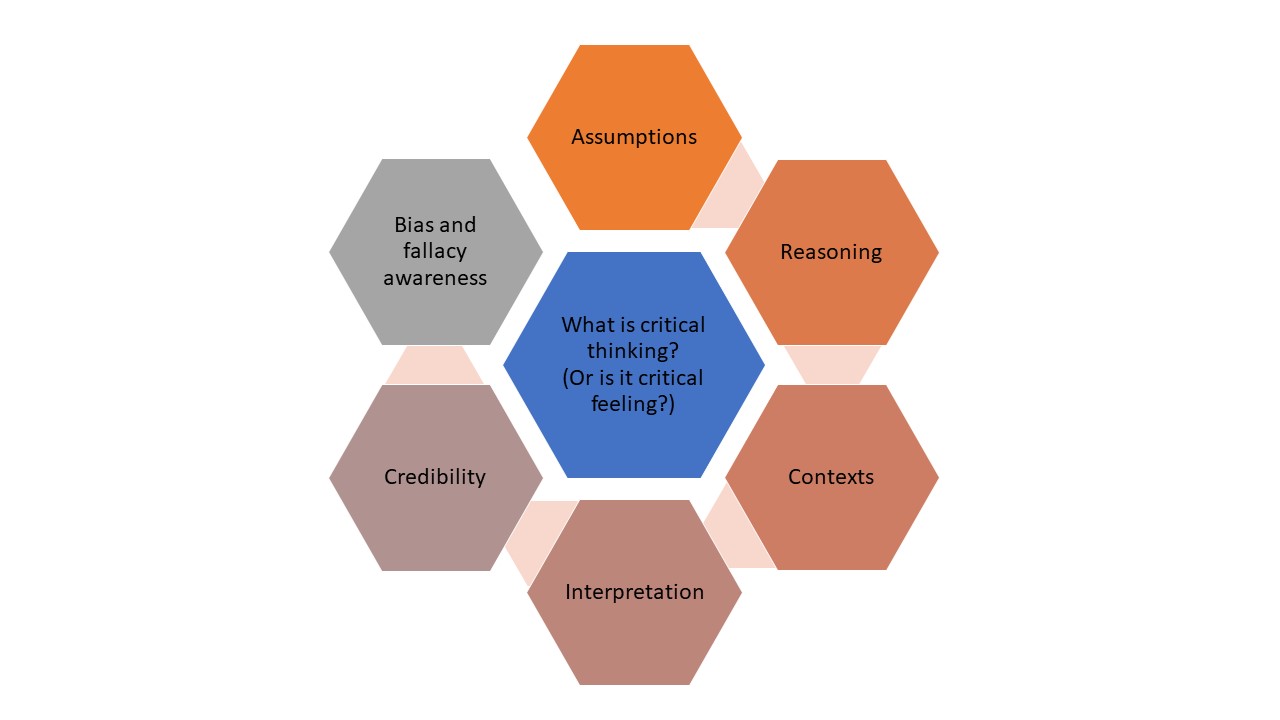In the light of the sad polarizations of view between different groups we see today, critical thinking skills are needed more than ever. But these need to be applied in ways that are embodied and part of a wider practice, not just academically and not just as ‘logic’. This retreat, led by Robert M Ellis at Tirylan House in South Wales, is an opportunity to develop critical thinking skills of a kind that can be applied even-handedly to any view or argument, integrated with mindfulness and other practice.
This week-long retreat is intended for adults who would like to develop their critical thinking skills in a context that fully acknowledges the relation of critical thinking to our body, emotions and imagination. Critical thinking, understood broadly, is the skill of making reflective, thoughtful judgements – not jumping to hasty conclusions on the basis of bias or unexamined assumption. Robert M Ellis is an experienced teacher and examiner of Critical Thinking at A Level, and who sees critical thinking practice as an important component of any wider integrative or spiritual practice.

This course will introduce six key areas of critical thinking over the six full days of the retreat. We will not just discuss helpful critical approaches and techniques in theory, but also practise them in relation to examples and in our own discussions.
- Assumptions: How do we recognize our own and others’ assumptions? How can we deide which assumptions are acceptable?
- Reasoning: Start to see how our beliefs are linked together in chains of justification that support each other (or not!).
- Contexts: Recognize some of the different kinds of thinking that take place in different kinds of contexts, and apply appropriate standards to them.
- Interpretation: Consider how easy it is to misinterpret each other, and learn some techniques to avoid unhelpful misinterpretation.
- Credibility: Adopt a consistent and reflective approach to deciding which kinds of sources to believe: for instance, experts, media sources, and claims made on the internet.
- Bias and fallacy awareness: Understanding some of the most common types of bias and fallacy can help you to avoid falling into them.
This course runs from Wednesday to Wednesday, and you will need to join it for the whole of this period if you book onto it. It will include some meditation and some arts activities in addition to critical thinking sessions, but how these are approached can be adapted to the experience of the participants. Please note that this will be a course conducted under retreat conditions rather than just a course in the normal educational or training sense. Education at least to A Level or equivalent will be assumed, but no other specific prior experience will be needed.
For more about this retreat, the venue, and how to book, please go to the Tirylan House Retreat Centre site.
